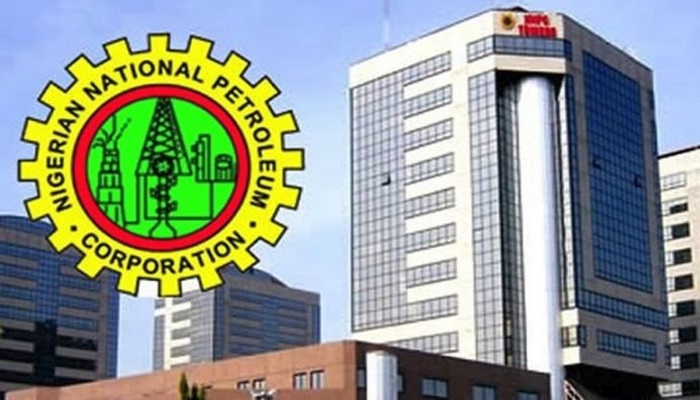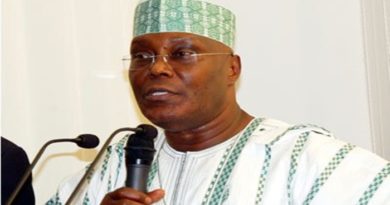NNPC says Shell, ExxonMobil may sign Oil Swap deals
The Nigerian National Petroleum Corporation (NNPC) has stated that it could sign crude-for-product deals with Shell and ExxonMobil, similar to one signed with BP recently.
This is coming as the news of the waivers granted by the United States to eight countries to buy Iranian oil for a while helped to stabilise oil prices yesterday with the price of Brent steady at $72.83, while the US light crude was 15 cents lower at $62.99 per barrel.
NNPC had announced last Wednesday that it had signed such a deal with BP and would provide more details later.
“Unfortunately, Shell and ExxonMobil exited the downstream sector in Nigeria a couple of years ago but they are coming back for this particular arrangement, because it’s an opportunity for them to get crude and sell their products to the refineries,” NNPC’s Chief Operating Officer for Upstream, Bello Rabiu, told Reuters on the sidelines of an African oil and gas conference in Cape Town.
Rabiu said NNPC hoped in 2019 to emulate savings of around $1 billion seen in 2016 with its crude-for-product swaps, which he said would likely end once Africa’s top crude producer revamps its refineries.
“If our refineries are back, which we want in the next 18 months, this thing will stop. So, all these things are just stop-gap measures, but the key issue is that we wanted to import at the least cost before our refineries come back onstream,” he said.
NNPC is in the final stages of talks with consortiums including top traders, energy majors and oil services companies to revamp its long-neglected oil refineries in an effort to reduce its reliance on imported fuel.
“It is on track and I believe if we don’t sign a final deal (on the project to upgrade refineries) this month of November we will surely sign in December,” Rabiu said.
Meanwhile, the news of the waivers granted by the United States to eight countries to buy Iranian oil for a while helped to stabilise oil prices yesterday with the price of Brent steady at $72.83, while the US light crude was 15 cents lower at $62.99 per barrel.
Before Brent settled at $72.83, it was $72.41 per barrel.
The United States granted exemptions to eight countries allowing them to temporarily continue buying Iranian oil, Secretary of State, Mike Pompeo said yesterday, as Washington re-imposed sanctions on Iran’s banking, energy and shipping industries.
Some of the eight countries – China, India, Greece, Italy, Taiwan, Japan, Turkey and South Korea – include Iran’s top customers.
Pompeo said more than 20 countries have already cut their oil imports from Iran, reducing purchases by more than 1 million barrels per day.
Washington announced a new raft of sanctions on Iran yesterday and threatened further action to pressure its old adversary, steps the Islamic Republic condemned as “economic war” and vowed to defy.
Reuters reported that the move is part of a wider effort by US President Donald Trump to curb Tehran’s missile and nuclear programmes and diminish the Islamic Republic’s influence in the Middle East.
The development follows Washington’s withdrawal from an 2015 international agreement on Iran’s nuclear programme.
In a statement, US Treasury Secretary Steven Mnuchin said:
“Treasury’s imposition of unprecedented financial pressure on Iran should make clear to the Iranian regime that they will face mounting financial isolation and economic stagnation until they fundamentally change their destabilizing behavior.”
The sanctions cover 50 Iranian banks and subsidiaries, more than 200 persons and vessels in its shipping sector, and targets Tehran’s national airline, Iran Air, and more than 65 of its aircraft, the statement said.
Hours earlier, Foreign Minister Mohammad Javad Zarif said the “bullying” restoration of oil and banking curbs was backfiring by making Washington more isolated, a reference to other world powers opposed to the initiative.
European powers which continue to back the nuclear deal said they opposed the reapplication of sanctions and major oil buyer China said it regretted the move.
Credit: Thisday




